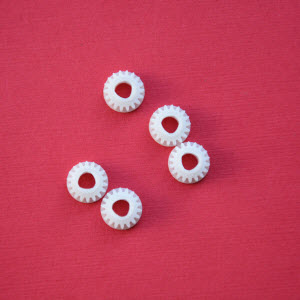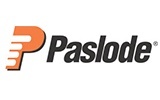Advantages, Physical Properties, and Applications of Polyurethane
Polyurethane (PU/PUR) is a flexible and resilient polymer featuring organic units, which are joined by urethane links. The polyurethane is available with ester, or ether based formulations. These formulations add to their versatility, and help control their stiffness, durability, and densities across a wide range of applications.
Advantages of Polyurethane
Polyurethanes are affordable and popularly used plastic materials. They provide various advantages over other regular plastic materials, such as:
- Sustainability: Polyurethane aids in the preservation of natural resources. Coatings made from polyurethane are used to improve the shelf life of various products, which help in sustainability. Polyurethane varnishes are used in the construction industry. They help architects insulate buildings easily, and help reduce consumption of oil, gas, and electricity. Polyurethane is used to develop lightweight automotive components. These components help reduce fuel consumption, and pollution caused by emissions. Also, polyurethane polymers can be easily recycled.
- Versatility: Polyurethanes are present in everything from surf bags to foam mattresses. Their growing popularity is attributed to factors such as recyclability, affordability, and safety.
- Performance in Harsh Environments: Polyurethane can perform well in extreme temperatures, and can resist harsh chemicals.
- Colorfast: Polyurethanes look clear in unfilled grades. However, they respond well with various coloring pigments. UV shielding is added to color pigments for application over outdoor items.
- Ideal for Subsea Applications: Polyurethane offers stable performance under the influence of oil, water, and grease. Polyether formulated polyurethane compounds are used in subsea applications, and they have comparatively better shelf lives than regular plastic components.
Physical Properties
- High abrasion resistance
- Excellent tensile strength
- Low-temperature flexibility
- High Impact resistance
- Allows thick section molding
- Possess variable coefficient of friction
- Good heat and chemical resistance
Technical Specifications
The table below provides the technical specifications of PU.
Maximum Temperature |
Tensile
Strength |
Impact
Strength |
Chemical Resistance |
Flexural Modulus |
150°-230° F |
6,500-33,000 PSI |
1.5-10 ft-lb/in Notched izod |
Good |
230,000-2,000,000 PSI |
Polyurethane Applications
Polyurethanes are used for protecting various applications such as:

- Polyurethane insulation in buildings, and refrigerators
- Shock absorbers in automobiles
- Packaging delicate items
- Shoe soles
- Anti-corrosive coatings for buildings, floors, walls, cables, and pipes
- Air filters
Polyurethanes are also used in comfort applications:
- Furniture Cushions
- Clothing
- Carpet Underlays
- Automobile Seat Cushions

Some of the common polyurethane applications include:
- Building Insulation
- Adhesives
- Tires and Rollers
- Gaskets
- Connectors
- Bushings
- Electrical Parts
- Seals
- Gel Pads
- Car Parts
To know more about polyurethane molding and polyurethane injection molding, get in touch with us on our toll-free number 847-683-2954, or email us at info@veejayplastic.com.
















